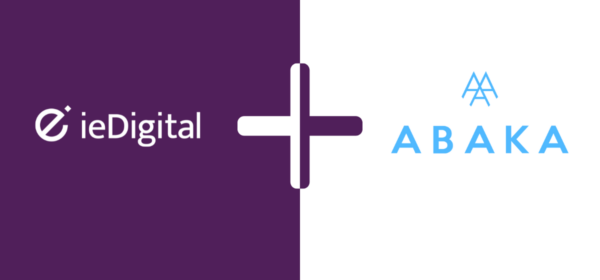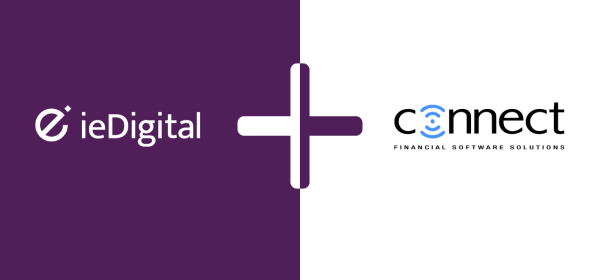I attended FinovateFall 2018 in NYC recently. It was great timing, smack bang in the middle of a United Nations conference, so getting around the city made me think of wistful summers back home, where things move slowly, and where taking the bicycle out for a spin is a choice rather than the only sensible form of transport.
If you’re not familiar with Finovate, it’s a global business conference that settles mostly in capital cities, or at least cities associated with banking, where all sorts of fintech companies (and, on occasion, non-fintech) show up and peddle their wares.
When I say ‘peddle, think about it more as a race against the clock, where you have seven minutes to tell a story, ‘pitch’ your proposition, describe the problem you’re trying to solve, demo your solution and, along the way, make it memorable. Don’t forget your lines, and get it all done before the “bell of shame” sounds and your microphone is switched off.
Remarkably, most of the presenters clear the bar and do a pretty good job, but you have to feel for the souls who find themselves in a foreign land, not always speaking their first language, looking for ways to be memorable; using skills that would be more suited to Broadway than a run-down hotel ballroom sporting a carpet pattern that my parents would have chosen, for my grandparents – yes, it was that bad!
And it got me thinking, possibly brought on by the sweaty feeling of worry for the mic’ed up entrepreneurs, or more likely a theme was developing among a handful of offerings, where the juxtaposed worlds of internet banking and human empathy were coming together in demonstrations of how your banking chores could become a user experience, the like of which you could actually enjoy and even be helpful.
It’s not new – Gartner calls it ’empathic banking’, not to be confused with sympathetic banking, which is when your parents bail you out. This is more about helping solve your problems, and, even going a step further, suggesting actions that you may have forgotten that would otherwise become a problem, resulting in you going through IVR hell and depositing another hour of your life in your banks’ deadbeat account.
When I say it’s not new, it’s new in the sense that my bank doesn’t do it, and new in the sense that your bank is most likely grappling with replicating its current business processes in a digital experience (let alone thinking about how to eliminate this transaction and channel focus, and considering upgrading or replacing their existing channel applications – especially online and mobile banking – to deliver a seamless service).
Think of it this way, when do you get in touch with your bank? When you’ve got a problem, need to make a payment, or check your balance. Whereas, how often do you think about your bills, or things you’d like to buy, or ways to control your spending and save more, or insurance renewal dates? Or when do you find time to compare the credit card market to ensure you’re getting a good deal? The truth is, you carry out one of these scenarios a whole lot more than the other, and there lies the problem: Most of the time it’s just a thought, and then we revert to business-as-usual, get in touch when there’s a problem, a payment, or I need my balance, and don’t worry Mr Bank about the real issue, leave that with me or whomever …
Empathy, not sympathy
There are many reasons to get in touch with your bank, and when you do, your bank should want to have a ‘banking conversation’ and thereby use the time they have with you to improve their understanding of your needs. These ‘moments’ when you get in touch shouldn’t be fleeting. They should be frequent, possibly many times a week, or even many times a day. Why not? Because I reckon the frequency with which you think about money, purchases, or just have “what if?” thoughts are often, very often, and when you do, don’t call Mr Bank because they’re busy with “unusual call volumes”. In other words, go and find another way to solve your problem.
I was reminded recently of a bank with whom I used to do business, that wanted to increase adoption of online banking a few years ago, in an effort to reduce branch and contact center costs. Having recently announced its new and shiny online bank, it came up with an incentive to encourage its use: free smartphones for the first hundred customers. You can imagine that it didn’t take long for its stockpile of phones to fly out the door, so it thought again and extended the offer – with a twist: Buy it on your credit card (the bank’s card, of course), interest-free over two years. The bank certainly achieved its objective of increasing use of its online service, plus increased card adoption, branches became libraries (well, not literally), and became the largest provider of smartphones in no time!
I could write a book on the social dynamics that resulted from this incentive, and moreover the business value to the bank and the massively increased opportunity it now has to engage in banking conversations with its customers, quite literally! The bank went on to buy a cell phone provider. And why not? What’s the difference? Banking, smartphones
So here’s an idea, Mr Bank: Why not give away free Alexa devices. Oh, and before you do that, sort out your digital experience platform, make sure that all your customer touchpoints are seamless, then have a think about all the sorts of questions you could ask a customer to help solve regular problems, hook up an AI technology and start having a conversation. I know, I know, there’s a bit more to it, but I’ve seen it at Finovate, and companies such as mine can help. Sorry, I had to bring it home.
Mr Bank … don’t feel sympathy. Why not try empathy!














